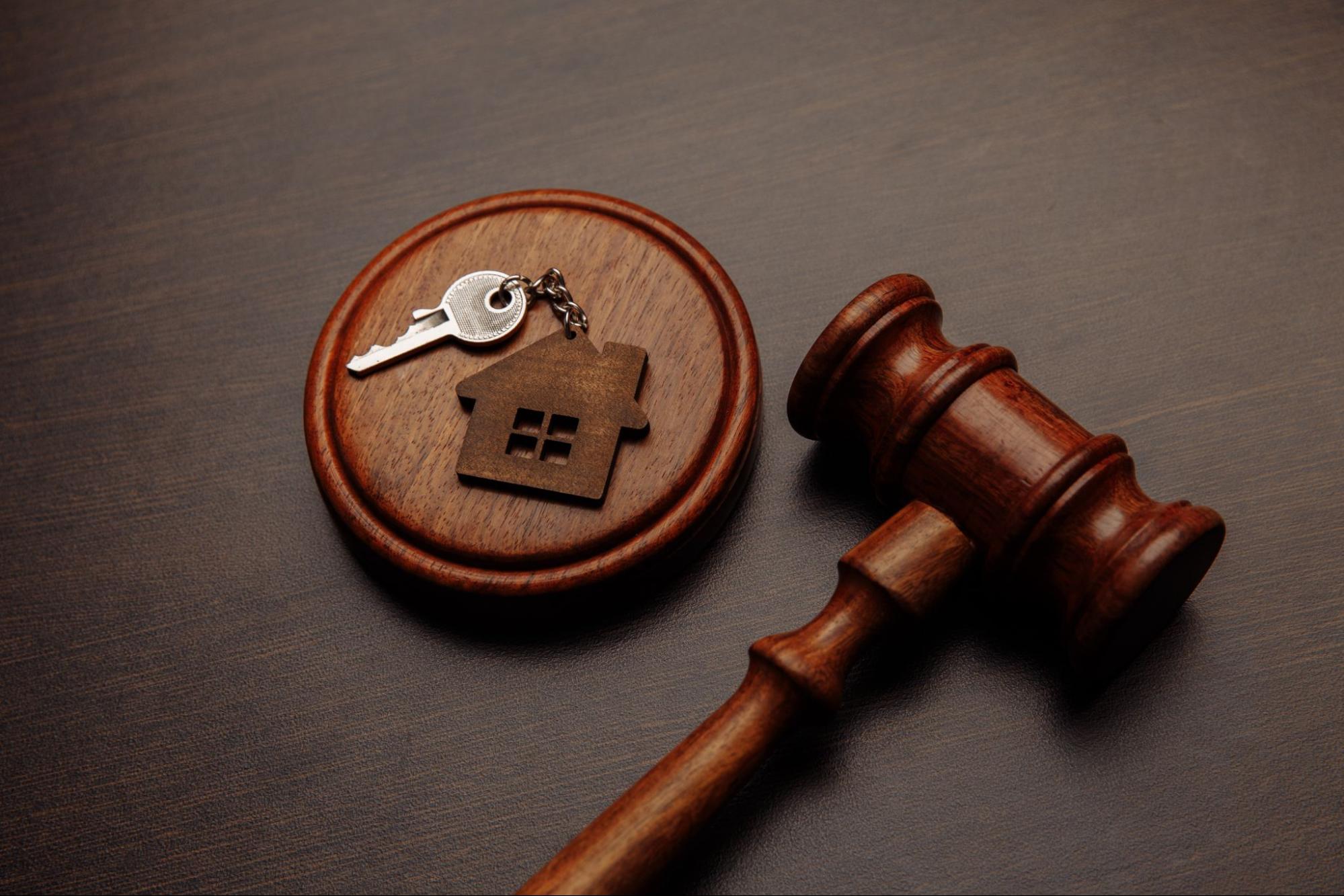Requirements for Foreigners Buying a Property
Portugal has become known as a hot spot in the world for foreigners buying property abroad due to its sunny weather, high quality of life, and generally inexpensive cost of living. Fortunately buying property in Portugal as a foreigner is also relatively the same for residents and non-residents alike. Let’s walk through each step of the process below:

Step 1: Get your NIF number
You need a NIF number for virtually all essential activities such as opening a bank account or buying/renting property and setting up a phone plan. The NIF functions as the essential access point to complete all necessary procedures for establishing yourself or conducting business activities in Portugal. Getting your NIF isn’t complicated: While in Portugal you can visit a local Finanças office with your passport or valid ID and proof of address to obtain your NIF. If you’re not living in Portugal you must rely on a fiscal representative or a lawyer to serve as your fiscal representative and assist you. The application process is quick from start to finish so you can start managing the essential aspects of life or investment in this wonderful country.
Step 2: Opening a bank account
While not a legal requirement, opening a Portuguese bank account can make life much easier if you plan to work or invest in Portugal. It streamlines transactions—like paying bills or transferring money—and many lenders will ask for a local account if you’re applying for a mortgage. Since taxes on property are due upon deed, having a Portuguese bank account streamlines this process.
Setting one up usually involves popping into a branch or if you’re not in the country you can go through an online process. Bank requirements will vary, but they typically require your identification, proof of address, proof of income, and NIF number.
Step 3: Find a property and make an offer
Find the right property in Portugal can be a challenge as there isn’t a lot of supply and working with a real estate agent is sometimes beneficial because they have “whisper” properties, which are properties the owners don’t want to advertise online, which may be suitable for you. Once you find the right property, you should consider hiring a surveyor to thoroughly look over the property to find any issues with mold, illegalities, poor construction, and potential problems. While this is considered an extra cost and not mandatory, oftentimes it saves you money (and headaches) in the future and you can use their findings to justify a lower offer on the property.
Work with your agent to determine how much of an offer you should make on the property. Unlike in certain foreign jurisdictions where it’s common to make an offer ABOVE the asking price, that typically doesn’t happen here in Portugal. Instead the offer takes into consideration many factors such as if the property requires renovations, how long the property has been on the market for, if the furniture is included, what the energy rating is for the property, and how much similar properties in the area have been selling for. Your Buyer’s Agent will be able to assist you with this information and allow you to make a better informed offer.
Step 4: Hire a Lawyer

Buying property in Portugal is not without its trials and tribulations, so hiring an experienced real estate lawyer is essential. They can ensure the property has a clean title, in other words it has no debts, legal disputes or liens that could come back to bite you later. They also check all the necessary documents and taxes are in order to protect buyers from unexpected complications. Additionally the lawyer either writes or reviews the CPCV (Contrato de Promessa de Compra e Venda) which is the promissory note agreement. They insure the contract is legally binding and protects your rights as a buyer. Without this legal guidance, buyers disk signing contracts with hidden clauses or buying a property with unresolved legal or tax issues.
As part of the entire due diligence process, your lawyer with do a thorough check to confirm the property status. This will include obtaining documents such as the Land Registry Certificate (Certidão do Registo Predial) to verify the sellers are actually the owners, the Habitation License (Licença de Utilização) to verify you have the right to actually live in the property, and the Tax Certificate (Caderneta Predial) to verify all the property taxes have been paid and are up to date.
In other countries this is usually not a concern but in Portugal there are a significant number of properties that have questionable legal status, have multiple owners due to inheritance laws, or are in the arrears with taxes so having experience legal representation is key to avoiding these potentially critical issues.
Step 5: Sign the Escritura (Final Deed of Sale)
To complete property acquisition in Portugal buyers must sign the Escritura Pública de Compra e Venda (Public Deed of Purchase and Sale) in front of a notary. This official document establishes the transfer of ownership between the seller and the buyer. The process can proceed without disruption if your lawyer uses a Power of Attorney (PoA) to represent you when you are unable to attend the signing in Portugal.
The remaining purchase price balance together with all outstanding fees and taxes such as the IMT (Property Transfer Tax), stamp duty and notary fees should be paid at this point. After receiving the signed deed and confirmed payment, the notary will then register the property in your name at the Conservatória do Registo Predial (Land Registry) and with the tax office.. The official registration establishes your ownership rights to the property and finalizes the transaction by serving as legitimate proof of ownership.









 Yield for this property is over 5%
Yield for this property is over 5% Yield for this property is 3-5%
Yield for this property is 3-5% Yield for this property is below 3%
Yield for this property is below 3%










